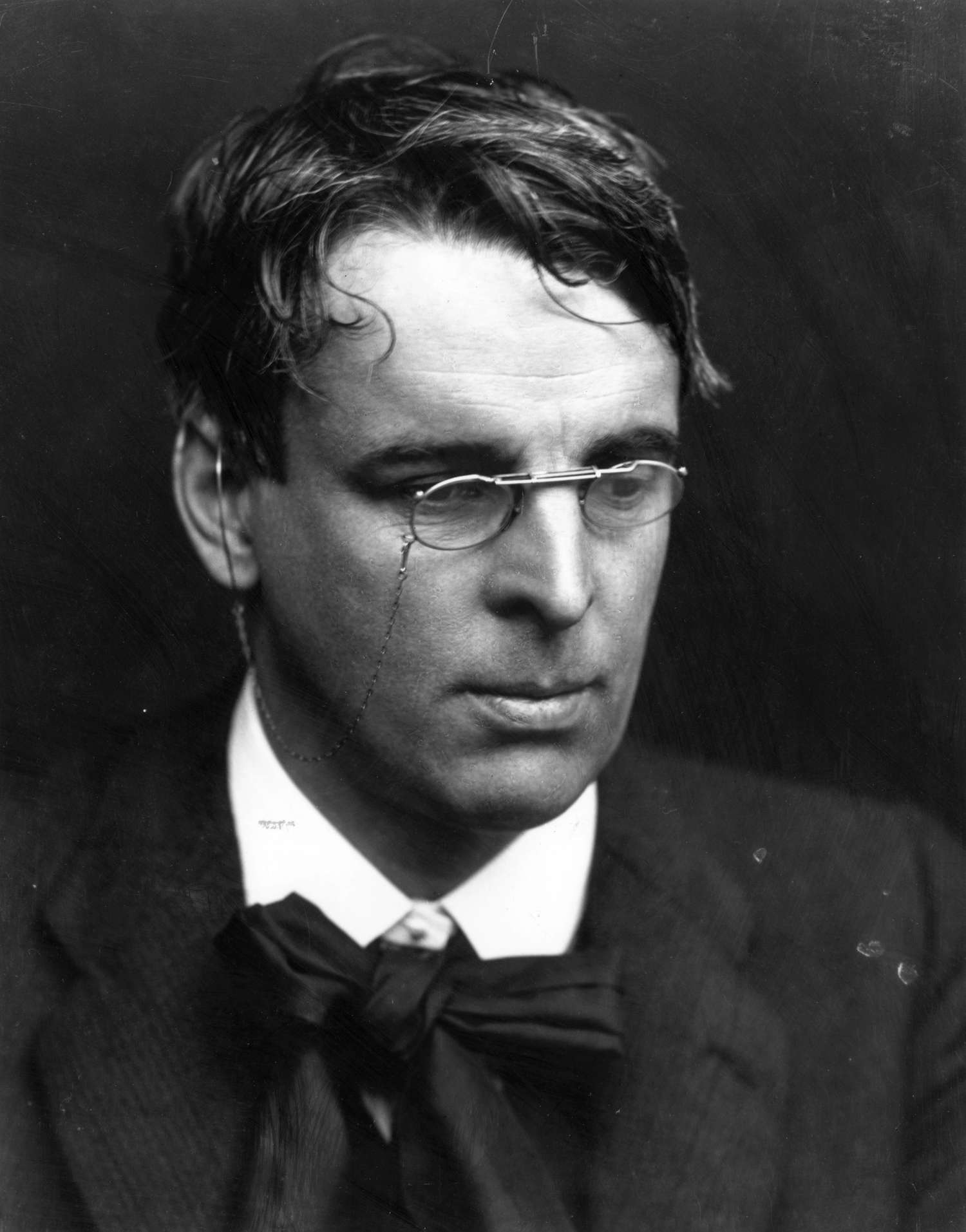Why was William Butler Yeats Awarded the Nobel Prize for Literature in 1923?
William Butler Yeats: Honored with the 1923 Nobel Prize for Literature
William Butler Yeats, the renowned Irish poet, and playwright, was awarded the Nobel Prize for Literature in 1923, a recognition that celebrated his immense contributions to the literary world. In this article, we delve into the reasons behind his prestigious Nobel Prize win, highlighting his exceptional poetic talent, a profound exploration of Irish culture, and far-reaching influence on literature globally.
1. Poetic Brilliance:
William Butler Yeats’ exceptional poetic brilliance was one of the primary factors behind his Nobel Prize win. Throughout his illustrious career, he crafted a vast and diverse collection of poems, exploring a wide range of themes and emotions. His writing showcased a mastery of language, and his verses were adorned with evocative imagery and profound insights into the human condition. Yeats’ poetry captivated readers, making him a prominent figure in the world of literature.
2. Celebration of Irish Culture:
Yeats’ unwavering dedication to celebrating Irish culture played a significant role in his Nobel Prize recognition. He drew inspiration from Ireland’s rich cultural heritage, incorporating elements of Irish folklore, mythology, and history into his works. Through his poetry, Yeats sought to rekindle a sense of national pride and identity among the Irish people, making him a cherished literary figure in his homeland.
3. Exploration of Irish Mythology:
A key aspect of Yeats’ poetic genius was his fascination with Irish mythology. He delved into ancient myths and symbols, infusing them into his poems to create a bridge between Ireland’s past and present. His commitment to preserving and revitalizing Irish mythology earned him admiration for his role in safeguarding cultural heritage.
4. The Abbey Theatre and Dramatic Works:
William Butler Yeats’ involvement in co-founding the Abbey Theatre in Dublin was another significant factor contributing to his Nobel Prize win. The theater became a vital platform for promoting Irish plays and playwrights, and Yeats himself contributed to the theater movement as a playwright. Through the Abbey Theatre, he nurtured emerging Irish playwrights, thus making invaluable contributions to the flourishing of Irish drama.
5. Global Literary Influence:
Beyond Ireland, William Butler Yeats’ literary influence extended globally. His universal themes and profound insights into human emotions resonated with readers from various cultural backgrounds. The Nobel committee recognized Yeats’ unique ability to connect with a wide audience, further enhancing the global appeal of literature.
William Butler Yeats’ Nobel Prize for Literature in 1923 celebrated his exceptional poetic brilliance, celebration of Irish culture and mythology, and far-reaching impact on literature worldwide. Through his enduring verses, exploration of Irish identity, and contributions to the theater, Yeats left an indelible mark on literature and became an iconic figure both in Ireland and the global literary community. His legacy continues to inspire generations of writers, solidifying his position as one of the most celebrated poets in literary history.




